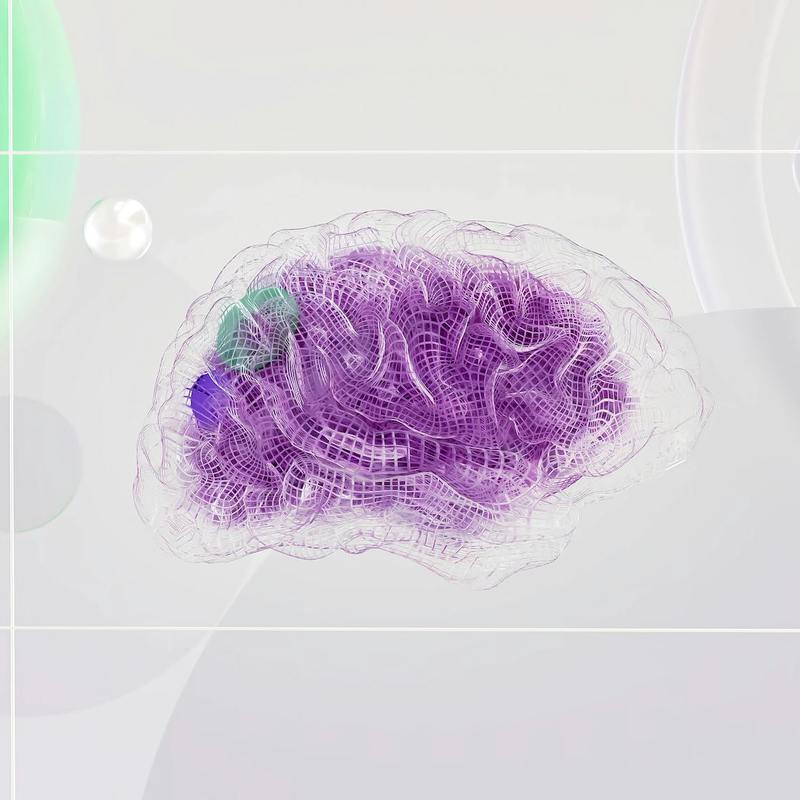Suche
Editorial Volume 11, Issue 3
DOI: 10.17160/josha.11.3.985
Dear josha-journal readers, In this issue, we recommend some important medical articles. Ana Caroline Colombo and Marcio L. Rodrigues study the fungus Cryptococcus neoformans, which can lead to brain infections and is estimated to cause 500,000 deaths each year. Their study suggests that much effort is needed to improve knowledge of how C. neoformans affects brain cells so that new therapeutic tools can be developed in the near future. Ketki Kelkar Ramanan writes about the misuse of laboratory reports in India and discusses the quality of health care. Ana Clara Solon Rufino's article on the positive impact of art classes on socially disadvantaged young people in Belém, Brazil, and Josha's critical review of a publication on the link between social media and anorexia, take a medical-social direction. There is much more in this issue, including articles on artificial intelligence, Oscar Wilde, and education in northern Nigeria. Enjoy the read!
EU Blue Book Traineeship Report
DOI: 10.17160/josha.11.3.984
The Blue Book traineeship program at the European Union Institutions offers valuable insight into the inner workings and decision-making processes of the European institutions. During my tenure at the Communication Unit of the Public Health and Food Safety Department (DG SANTE), I contributed to impactful communication strategies on public health issues, including mental health and cancer. Leveraging my medical background, I crafted scientifically backed messages for high-level events, such as the World Mental Health Day conference and Europe's Beating Cancer Plan. My experience at DG SANTE reinforced the importance of inclusive communication strategies in effecting positive change.
Fungal Colonization of the Brain: Anatomopathological Aspects of Neurological Cryptococcosis
DOI: 10.17160/josha.11.2.983
Brain infection by the fungus Cryptococcus neoformans results in an estimated 500,000 human deaths per annum. Colonization of the central nervous system (CNS) by C. neoformans causes different clinical syndromes that involve interaction of a number of fungal components with distinct brain cells. In this manuscript, our literature review confirmed the notion that the Cryptococcus field is expanding rapidly, but also suggested that studies on neuropathogenesis still represent a small fraction of basic research activity in the field. We therefore discussed anatomical and physiological aspects of the brain during infection by C. neoformans, in addition to mechanisms by which brain resident cells interact with the fungus. This review suggests that multiple efforts are necessary to improve the knowledge on how C. neoformans affects brain cells, in order to enable the generation of new therapeutic tools in the near future.
Verifying the Authenticity of Diagnostic Labs: Need of the Hour
DOI: 10.17160/josha.11.2.982
In my hematological practice, I have come across several cases of blood reports signed by technician-owned labs. Despite clear MCI (Medical Council of India) guidelines stating that DMLT technicians are not authorized to sign laboratory reports, this malpractice continues. The problem with such labs is that their reports are unreliable and may have been illegally modified for various motives and gains. These technician-run labs may either be self-signed or pathologist-signed. Such labs offer tests at lower prices at the cost of poor quality reporting. People do not mind getting their tests done at these labs as long as they get a good discount. Ideally, one must visit a lab which has a qualified pathologist available to answer patient queries, discuss reports and provide guidance. Today, we as a society are extremely cautious while making even simple lifestyle choices such as organic food, chemical-free products, etc.
Why We Need to Relearn How to Talk to Machines - A Snapshot of Generative AI in January 2024
DOI: 10.17160/josha.11.2.977
The last few years have seen incredibly rapid progress in the field of generative artificial intelligence. Talking to machines and getting answers in natural language is part of our new, elusive normal. Driven by the exponential growth of both computing power and internet-scale data, our new digital assistants are trained by estimating the most likely next element of a given context. Recent years have clearly shown that this general objective can lead to the ability to develop complex and diverse capabilities from simple principles. At the same time, however, it can lead to interesting structures in the compression of the training data and sometimes to unpredictable artefacts. The aim of this article is to shed light on the mechanisms behind current large language models and to provide guidance on how to get the best answers to a question.
Editorial Volume 11, Issue 2
DOI: 10.17160/josha.11.2.976
Dear josha-journal readers, Welcome to our second issue 2024! The josha team has selected an interesting range of topics for all readers. One thing will increasingly accompany medicine and all of us in the coming years. Medicine without artificial intelligence will be unthinkable in the future. It is already expanding our horizons enormously and still holds a wealth of possibilities for the future. A team of AI and medicine experts in Freiburg is testing the many possibilities in oncology. However, despite the wide range of potential, ethical and regulatory considerations are taken into account when developing therapies. Medicine, psychology, education and artificial intelligence also play a key role in other articles in this issue. Papers come from Brazil, Nigeria and Germany. The josha team wishes all readers an exciting and scientifically enlightening read.
AI as an Always-available Oncologist: A Vision for AI-optimized Cancer Therapy Based on Real-time Adaptive Dosing at the Patient Level
DOI: 10.17160/josha.11.1.975
This communication presents the long-term vision of AI-optimized cancer therapy based on automated adaptive dosing. The idea is to have an AI-controlled therapeutic system that administers microdoses from information obtained from low-power sensors, which could improve patient quality and survival. While this idea has not been implemented for cancer yet, there are similar health interventions in cancer (not using AI) and in diabetes (using AI) that serve as precedents. However, there are still major challenges to tackle, such as identifying relevant, measurable, and reasonably costly tumor markers and dealing with the enormous combinatorial potential for a rapid and effective response in individual cases. The paper proposes a dual process to address these challenges, involving collecting initial findings in vitro and investigating tumor markers for their transferability to in vivo systems.
Chapter Four - Problems and Solutions of Muslim Girls’ Child Education in Nigeria
DOI: 10.17160/josha.11.3.969
In Chapter Four, Al-amin identifies the challenges hindering the state of girls' education in Nigeria and proposes possible solutions to these problems. He concludes that the Nigerian government needs to implement policies that promote equal opportunities for girls' education, invest in infrastructure development, and prioritize education in the country's budget allocation. Non-governmental organizations should also partner with government agencies to provide scholarships and support services to girls from impoverished backgrounds. He finally suggests that cultural and traditional practices that discriminate against the girl-child need to be addressed through sensitization campaigns and community-based interventions.
Chapter Three - Makarantar Ilmi and its Curriculum in Northern Nigeria
DOI: 10.17160/josha.11.2.968
Makarantar Ilimi and its curriculum occupy a special and important position in the transmission of knowledge in Northern Nigerian society, shedding light on its significance in fostering education, preserving traditional knowledge, and promoting social cohesion. In Chapter Three, Al-amin examines Makarantar Ilimi and its curriculum in the context of northern Nigeria. He argues that understanding its curriculum is essential for appreciating the rich tapestry of education in Nigeria, where traditional and formal systems often coexist and complement each other in shaping the nation's future generations.
JOSHA’s Critical Review of “Von der Guten Wissenschaft zum wissenschaftlichen Fehlverhalten” by Prof. Dr. Ulrich Rommelfanger
DOI: 10.17160/josha.11.2.967
Ulrich Rommelfanger’s paper addresses the complex issue of academic misconduct. With respect to claiming financial damage due to plagiarism, he overlooks the fact that, as a rule, the author of the original text had to assign his copyright to the academic publisher before publication. The reader wonders what is the point of all the fuss and the appeal to professors to take action against plagiarism if no copyright holder is demanding damages. From JOSHA's point of view, the fight against data fabrication, deliberate falsification and misinterpretation is much more important. This actually causes immense damage to patients, subsequent research, sponsors and society as a whole. Here, Rommelfanger remains brief and resigned to the lack of effective control by peer reviews.









